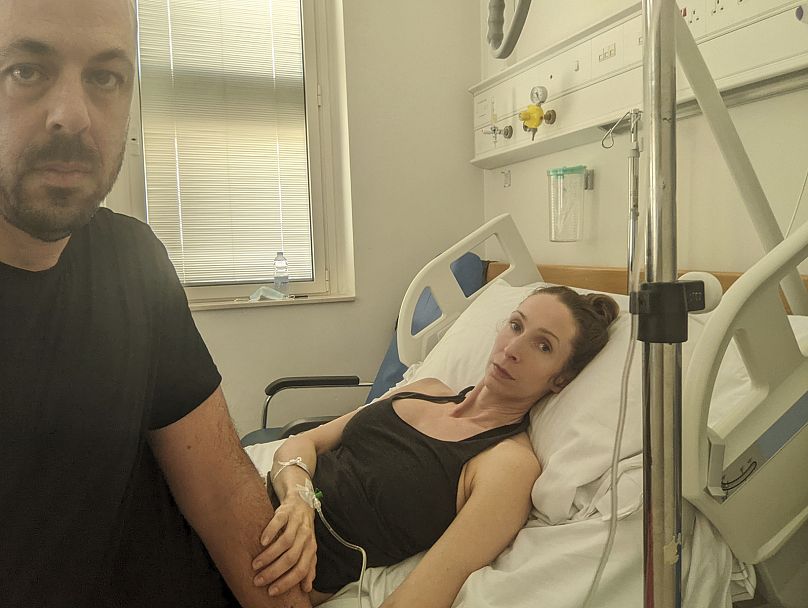The Mediterranean country is the last EU country to still have a total ban on abortion.
Malta is planning to ease its strict anti-abortion laws by allowing the termination of pregnancies where the mother's health or life is at risk, Health Minister Chris Fearne said on Wednesday.
The Mediterranean island is the only European Union member state which has a complete ban on abortion, including in cases of rape or incest.
Its population — overwhelmingly Roman Catholic — remains largely against the practice. In one recent survey, 61.8% of Maltese people expressed their opposition to abortion.
Fearne noted how legislative amendments which will be presented to parliament next week will tackle situations where a woman's life or health are at serious risk and the foetus is too young to be delivered.
He told a news conference that, at present, a doctor is liable to imprisonment for up to four years if he terminates a pregnancy to save the mother's life. Women who end their pregnancy for the same reason were also liable to four years in jail.
"The choice isn't whether the mother or the baby survive. The choice here is whether the mother and baby both die, or whether the mother's life is saved," he said.
"We don’t believe that after going through this ordeal the woman should face the possibility of imprisonment."
In an interview with The Times of Malta earlier this month, Prime Minister Robert Abela shared his support for an amendment to the existing law.
Nevertheless, he expressed his belief that authorising the termination of dangerous pregnancies was not tantamount to "decriminalising abortion."
"This is a sensitive issue that shouldn’t be monopolised by politicians. It should be broader society that leads this discussion," Abela said.
Fearne himself also described the reform as being "pro-life."
Andrea Prudente’s case: a catalyst for change
The proposed reform was spurred by the case of an American tourist, Andrea Prudente, who was refused a request in June to terminate a non-viable pregnancy after she began to bleed profusely.
Prudente was 16 weeks into her pregnancy by then, and her condition had deteriorated to the point of becoming potentially fatal. Nevertheless, Maltese doctors were unable to perform the procedure as long as the foetus’s heart was still beating.
"It was terrifying," Prudente told the BBC earlier this year. "One of the midwives told me when I would be on the 'brink of death'… then they might intervene with a termination."
Prudente was eventually evacuated to Spain, where she had an abortion.
In September, Prudente sued the Malta government, calling for the courts to declare that the law banning abortion in all circumstances be deemed in breach of human rights.
The case has not yet come to trial.












